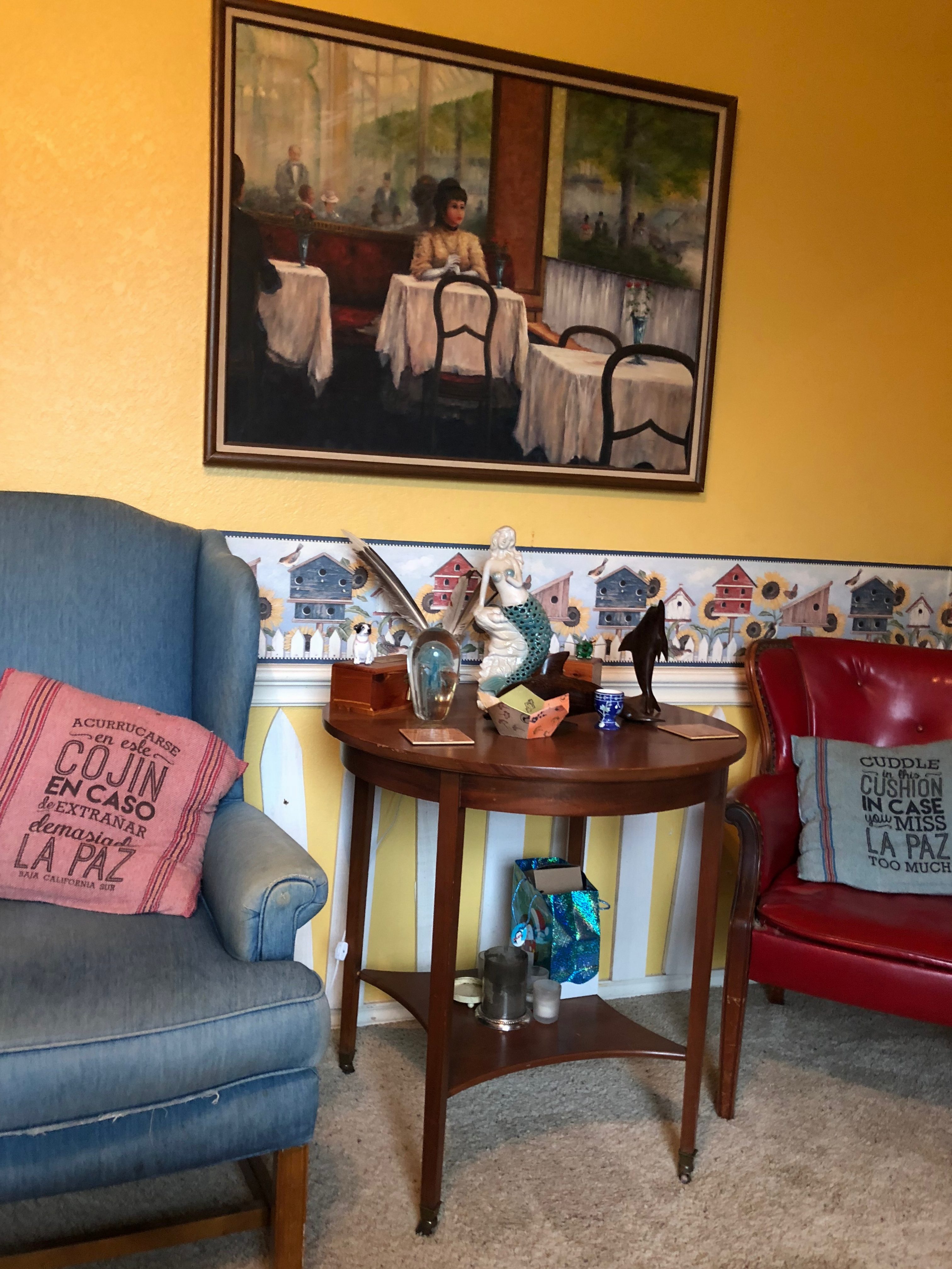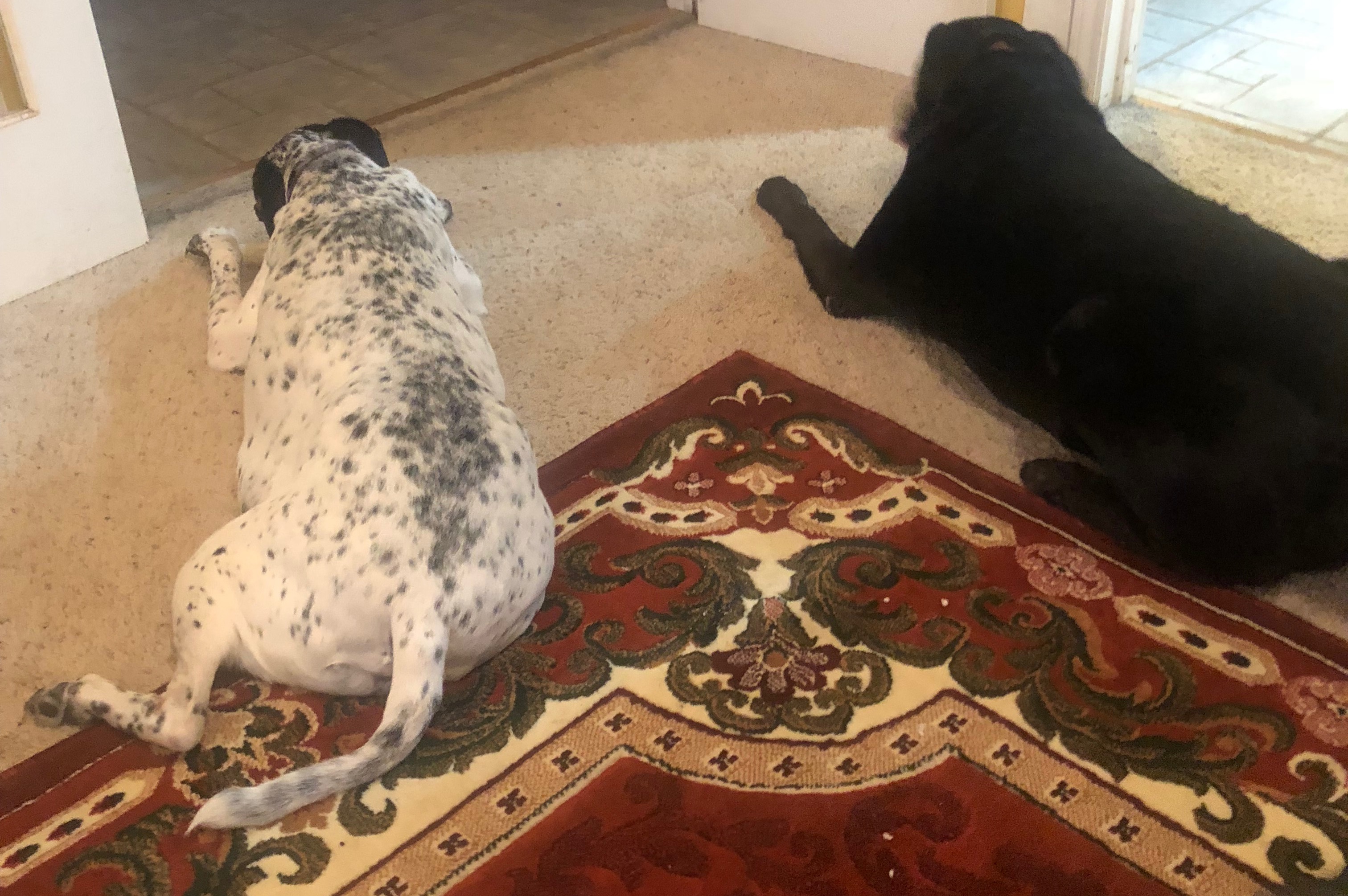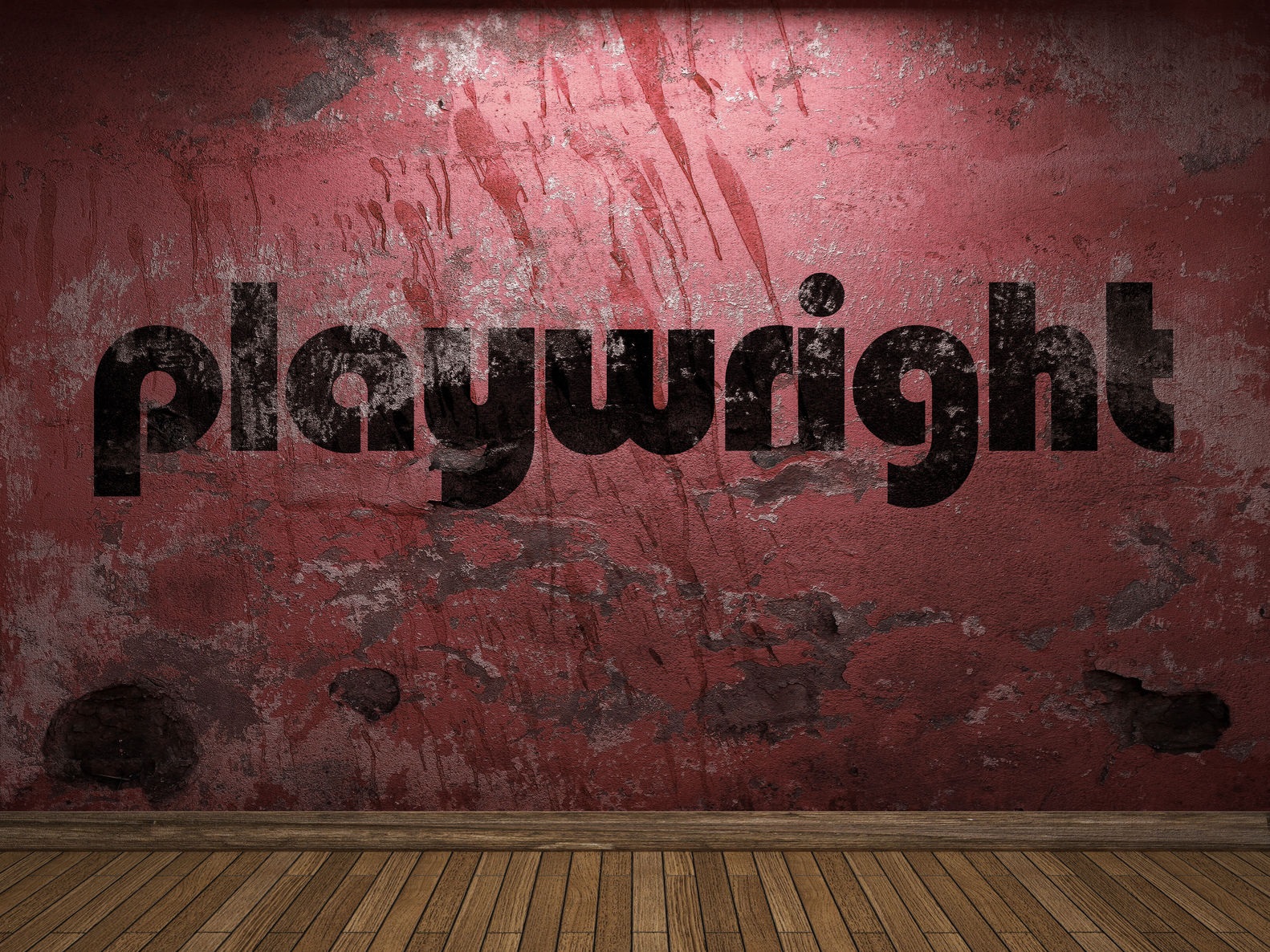
Give me some men who are stout-hearted men,
Who will fight, for the right they adore,
Start me with ten who are stout-hearted men,
And I’ll soon give you ten thousand more.
Shoulder to shoulder and bolder and bolder,
They grow as they go to the fore.
Then there’s nothing in the world can halt or mar a plan,
When stout-hearted men can stick together man to man.
There are people who enter your lives as visitors, stay a while, and then move on, and there are others who come to stay.
For most of the first twelve years of my life, my immediate family was just my mother and me. Sure, she was married for some of that time, but it wasn’t a happy or healthy relationship, and a lot of our time was spent in a mother-daughter bubble that must have seemed impenetrable from outside.
And then there was Ira.
 Decades have erased the clear memories of my first time meeting him, but I think it was largely unplanned. My mother had met him some weeks before at a singles dinner, maybe through the UU church, maybe through Parents Without Partners, but that night – that night – he called asking if Mom wanted to join him to see the famous mime Marcel Marceau. He was bringing his son, and I was invited as well.
Decades have erased the clear memories of my first time meeting him, but I think it was largely unplanned. My mother had met him some weeks before at a singles dinner, maybe through the UU church, maybe through Parents Without Partners, but that night – that night – he called asking if Mom wanted to join him to see the famous mime Marcel Marceau. He was bringing his son, and I was invited as well.
I only have vague recollections of the performance. A pity, really, because Marceau was brilliant at what he did. What I remember is that I was bored a lot – a lot of the performance was a bit esoteric for a grumpy, recently eleven-year-old girl. The son had fallen asleep mid-way through the performance, and I had no one to talk to. I was also hungry. I think at some point a bagel manifested, but, for the most part, it was a seriously unimpressive evening that was capped off when we were pulled over by the police on the way home. Ira wasn’t drunk. He’d weaving because he couldn’t stay awake.
Did I mention: this was their first date?
I expected my mother to blow him off.
I expected her to date other people.
I never expected her to marry him, but that’s what happened.
She would tell you, if you asked her, that it was the most unromantic proposal in the history of such things. There was laundry involved. There was no exchange of jewelry. It was almost an afterthought.
I boycotted the wedding.
I was eleven, and it was an act of rebellion. I felt unincluded and unimportant. I’m not sure what I thought would result from my action, but I knew I had to make a statement.
I made a lot of statements in the early days of their marriage. What I didn’t have the self-awareness or vocabulary to express then was that I felt betrayed – my mother, who had kept her birth name for all the years of my life so far – took his name when they married. I felt like I’d been brushed aside. I felt like I was the only one making compromises.
At the same time, I wasn’t ready to trust that this person, this man, would treat my mother well, would treat me well, would stay in our lives.
There was a lot of adjustment.
Ira wasn’t used to people who yelled, or worse, yelled back at him. I wasn’t willing to accept him as a parent. There were times I begged to go live with my aunt, or my grandparents, or be sent to boarding school.
There were times when I’m sure Ira wanted to walk away from the prickly little girl who was caught in the worst part of the transition from childhood to womanhood.
But gradually, things changed.
Every once in a while, Ira would buy a present – nothing big – an album, a book, a set of awesome colored markers – just for me. And every once in a while, I’d engage him in conversation.
By the time I got to high school, we had begun to form a solid friendship, partly out of convenience. I liked to spend weekend nights reading into the wee hours of the morning, and he liked to spend the same late nights doing recreational math. Once, he knocked on my bedroom door and said, “It’s two AM, shouldn’t you be sleeping?”
My response was to ask, “Shouldn’t you?”
Eventually, those late-night encounters turned into something else. He’d knock on my door and say, “Melissa, I have to tell you about this new thing I learned about the number eleven!”
Or I’d knock on his office door and say, “I’m in between books and I’m making some tea. Do you want some?” 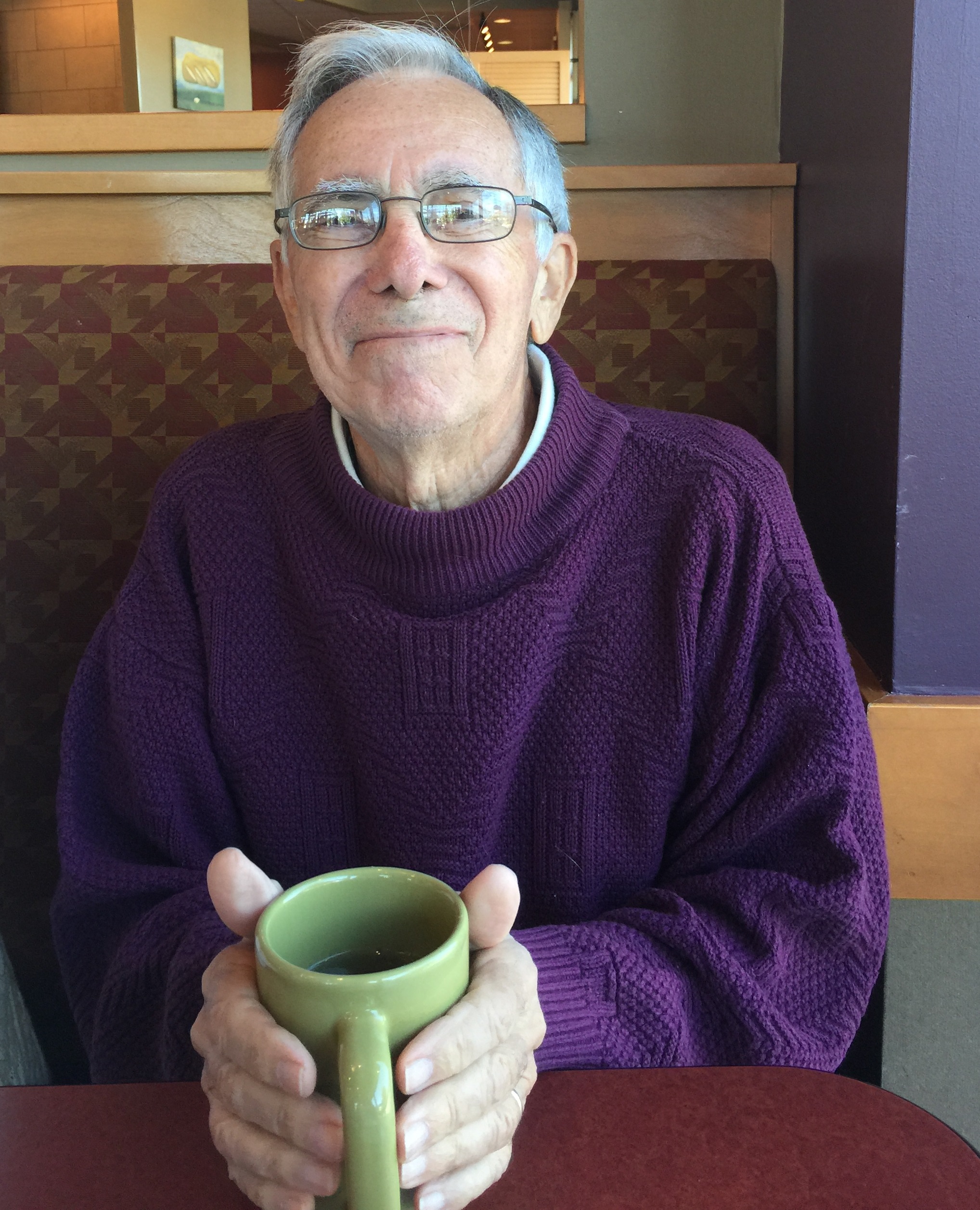
Over the years, those midnight cups of tea turned into midnight chats about time travel and history and why mild cheddar should be eradicated from the face of the earth, and how Jeremy Brett was the best Sherlock Holmes ever.
At some point we started a tradition of going to museums together – just the two of us – on Father’s Day. We’d go to breakfast first or lunch after, and we’d get ice cream cones and not tell Mom. We went to the California Academy of Sciences and speculated about spending the night in the African Watering Hole exhibit, and we went to the Rosicrucian Museum and saw the mummy in the replica tomb.
And in all that time, Ira never pushed me to hug him if I didn’t want to. He never pushed me to call him “Dad.” He laughed at my snark and helped with my math homework, and I mocked his love of cheap kitchen gadgets bought from the discount store, and his penchant for weird food combinations (peanut butter and jelly and CHEESE?) but there was real affection underneath it all.
From the time Ira entered our lives, birthday and Christmas gifts were presented from him and my mother as a unit, with a few notable exceptions. When I turned twenty-one, my mother gave me the then-current edition of Our Bodies, Ourselves, and that was just from her. And one year, after one of our museum trips, Ira gave me a pin – a brooch – that had all the animals from the safari exhibit attached as charms. He said it reminded him of our trip to the museum, and he thought I’d like it.
I did. I still do.
Later, when I was planning my wedding to Fuzzy, Ira said that he’d give me away, and be honored to do it, if I asked him to, but that I should consider that it was a tradition that dated back to when women were chattel, and was that something any of us believed in?
Fuzzy and I eventually eloped, and my parents threw us a party with a commitment ceremony several months later, and even though I was already technically married, I caught Ira crying when Fuzzy put the wedding band on my finger.
But through all of that, I still bristled whenever someone assumed he was my father, and I would correct them, adding the word STEP.
It should be noted that the events described from here to the end of this piece may not match the timeline of reality. I was pretty drugged on Norco for the first two or three weeks…
On July 11th of this year, mere hours after I came home from having the ACL, ALL, and meniscus in my left knee reconstructed, my mother told me that Ira had an infected gall bladder and they were considering surgery, but because of advanced kidney disease, his odds weren’t good.
He’d been sick for a while, with different diagnoses. It was cancer. Then it wasn’t. Then it was, again – multiple myeloma. He’d been vacillating about his kidney disease – it was a sudden diagnosis and he didn’t want treatment until he was told how much time he didn’t have left.
Ultimately, he had the surgery a few days later when the risk of his gall bladder bursting was too great to ignore. There were complications. There was a second surgery. Exhausted and diminished he asked for treatment to end.
And so, we waited.
I waited here in Texas, because I couldn’t go to the bathroom without help, let alone travel to Mexico, where my parents retired almost twenty years ago. I waited wracked with guilt over not being able to be there to support my mother, and to say goodbye. Ira’s son was with her. And there was a near-constant flow of texts and calls. But it’s not the same as being there.
So, I asked if I could write a letter – an email – and have my mother read it to him.
Ira used to sing this song, one he obviously learned in school. “Stout-hearted Men.” When he was singing it, you could see the ghost of his eight-year-old self overlaying his present-day self. And I mentioned that in my letter, adding that for years I thought it was the only song he knew.
I also explained why I was so stubborn about the term ‘stepfather.”
Anyone can be a father, I said, because that’s an act of biology. But stepfathers – good stepfathers – they choose it. They choose to deal with the adjustments, and the fighting and then prickly little girls who don’t know how to trust men.
Every day, over and over, they choose to stay.
Ira chose to stay.
And then he chose to leave.

Ira died on July 27th. Just over a month ago. He was my mother’s partner and lover and best friend and husband. He was a good father to his son, and he bent over backwards to be a good stepfather to me.
He was a scientist and a scholar, but he’d happily watch hours and hours of stupid action movies just to see the explosions.
He was sometimes silly and sometimes serious. He’d insist that raw veggies and leafy greens had to be part of every meal, but then he’d meet you in the kitchen in the middle of the night to sneak a piece of pie.
He coddled his dogs, made napping into an Olympic-level event, and gave generally useful advice.
He was in the army once, when he was young, though he never saw combat.
And he was the epitome of a modern, enlightened (mostly), loving, stout-hearted man.
You who have dreams, if you act they will come true.
To turn your dreams to a fact, it’s up to you.
If you have the soul and the spirit,
Never fear it, you’ll see it thru,
Hearts can inspire, other hearts with their fire,
For the strong obey when a strong man shows them the way.
The song, “Stout-hearted Men” was written for the musical New Moon
by Sigmund Romberg, Frank Mandel, Laurence Schwab & Oscar Hammerstein II.
About the author: Melissa A. Bartell
 Melissa is a writer, voice actor, podcaster, itinerant musician, voracious reader, and collector of hats and rescue dogs. She is the author of The Bathtub Mermaid: Tales from the Holiday Tub. You can learn more about her on her blog, listen to her podcast, or connect with her on on Facebook, Instagram, or Twitter.
Melissa is a writer, voice actor, podcaster, itinerant musician, voracious reader, and collector of hats and rescue dogs. She is the author of The Bathtub Mermaid: Tales from the Holiday Tub. You can learn more about her on her blog, listen to her podcast, or connect with her on on Facebook, Instagram, or Twitter.
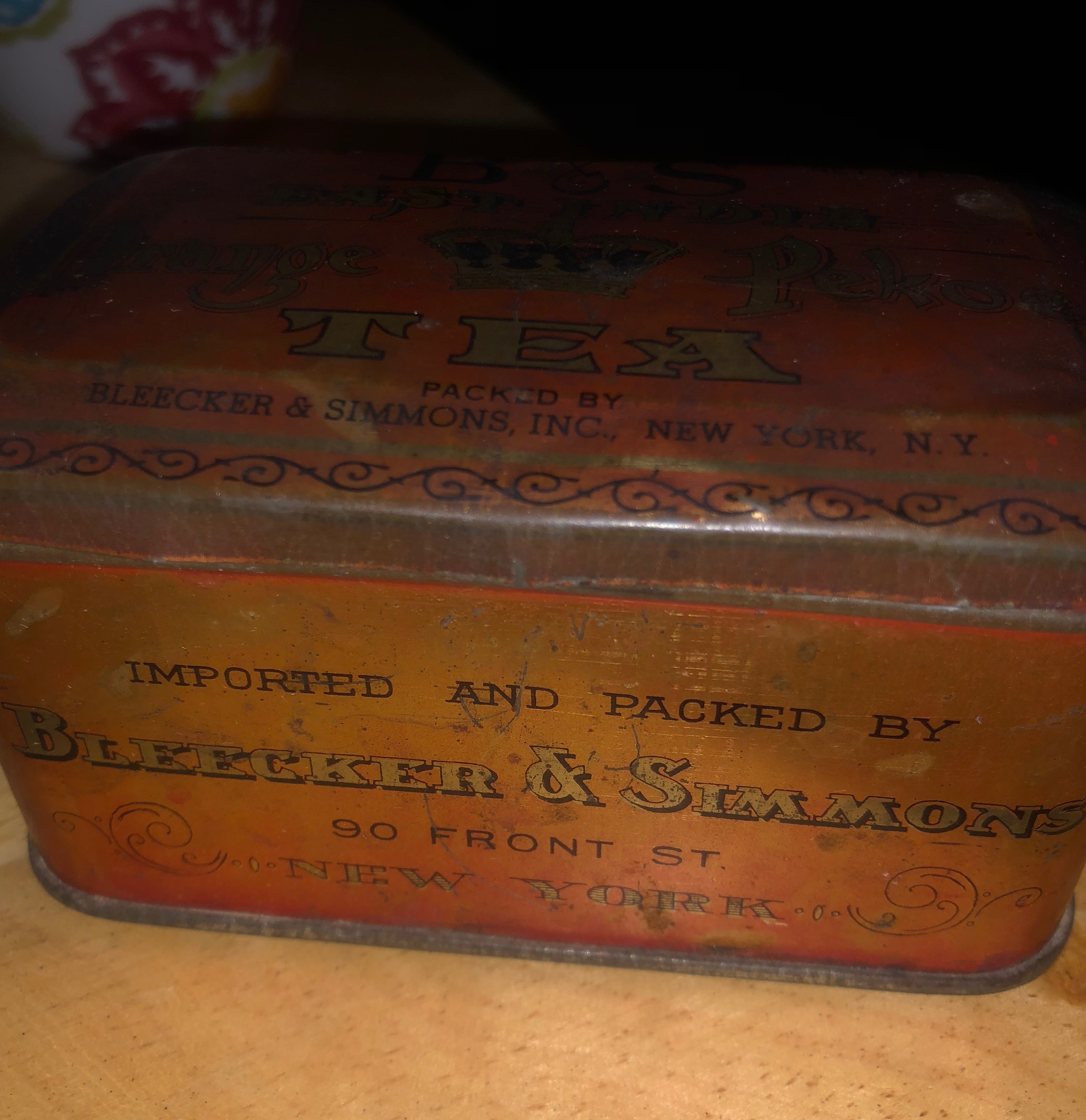
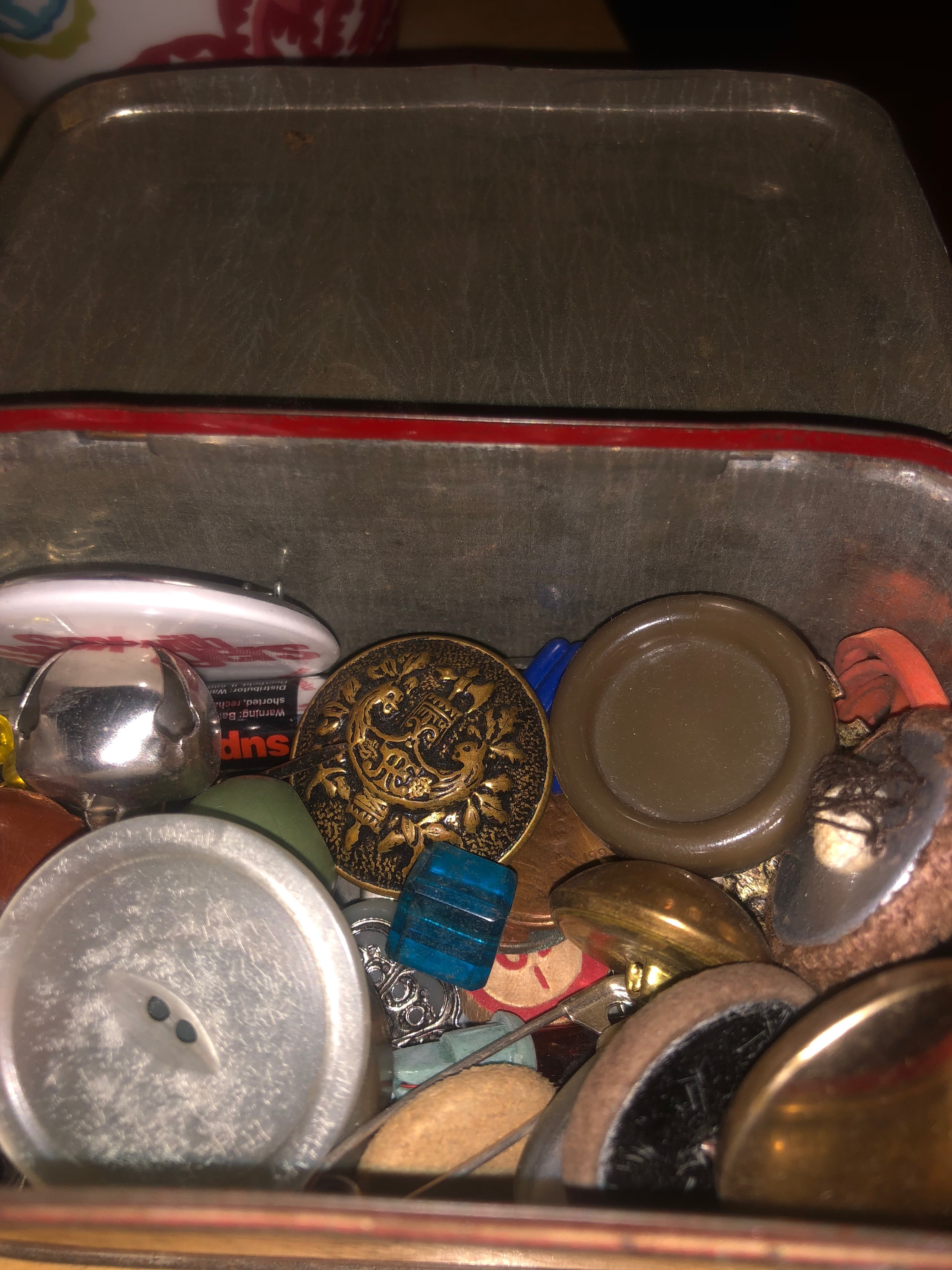 But there is one thing about my mother’s sewing habit that has always intrigued me: buttons.
But there is one thing about my mother’s sewing habit that has always intrigued me: buttons.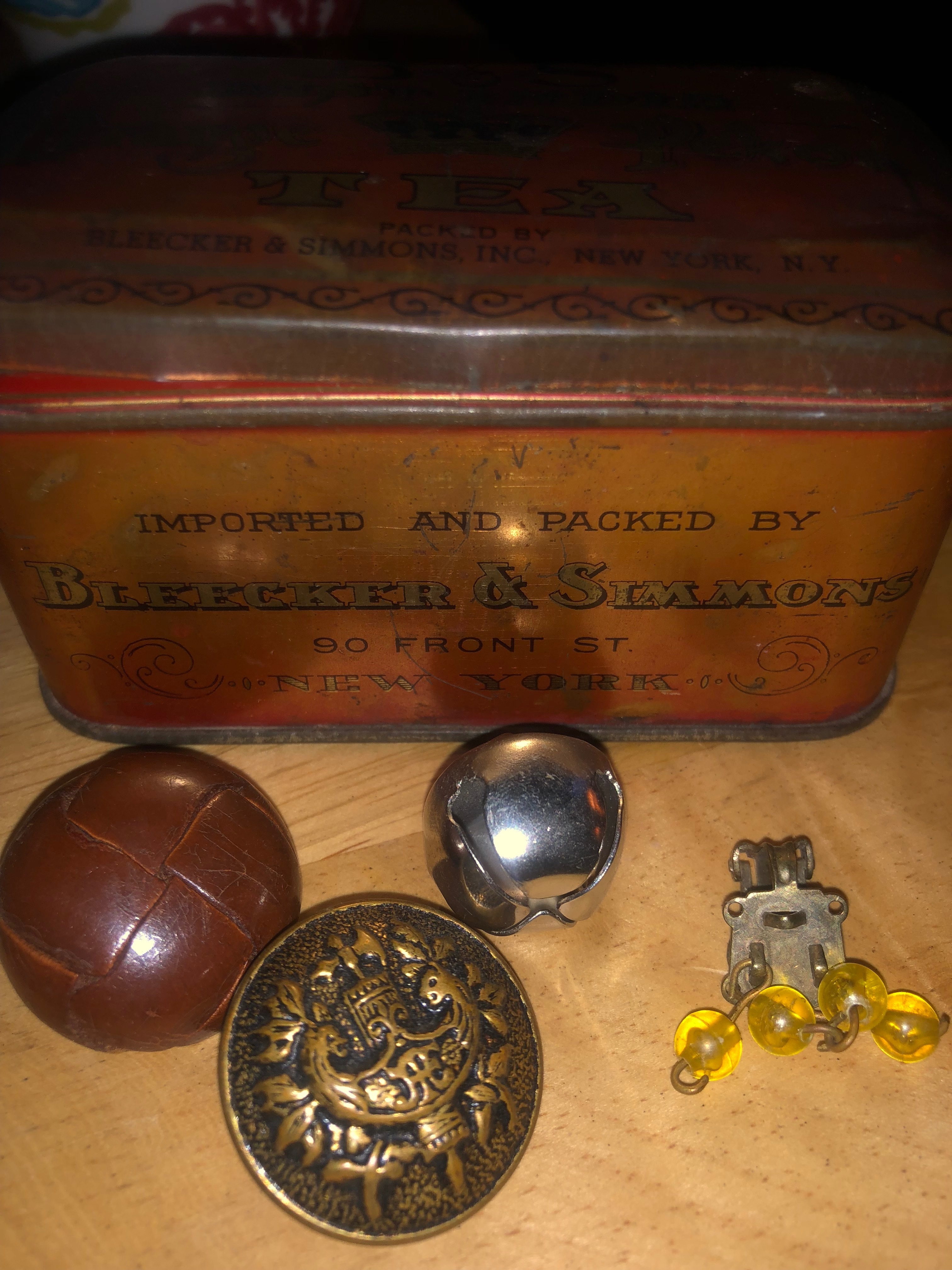
 Melissa is a writer, voice actor, podcaster, itinerant musician, voracious reader, and collector of hats and rescue dogs. She is the author of The Bathtub Mermaid: Tales from the Holiday Tub. You can learn more about her on her blog, listen to her podcast, or connect with her on on Facebook, Instagram, or Twitter.
Melissa is a writer, voice actor, podcaster, itinerant musician, voracious reader, and collector of hats and rescue dogs. She is the author of The Bathtub Mermaid: Tales from the Holiday Tub. You can learn more about her on her blog, listen to her podcast, or connect with her on on Facebook, Instagram, or Twitter.


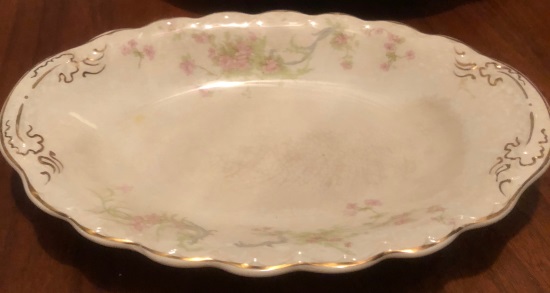

 Decades have erased the clear memories of my first time meeting him, but I think it was largely unplanned. My mother had met him some weeks before at a singles dinner, maybe through the UU church, maybe through Parents Without Partners, but that night – that night – he called asking if Mom wanted to join him to see the famous mime Marcel Marceau. He was bringing his son, and I was invited as well.
Decades have erased the clear memories of my first time meeting him, but I think it was largely unplanned. My mother had met him some weeks before at a singles dinner, maybe through the UU church, maybe through Parents Without Partners, but that night – that night – he called asking if Mom wanted to join him to see the famous mime Marcel Marceau. He was bringing his son, and I was invited as well.


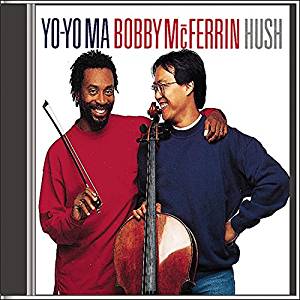
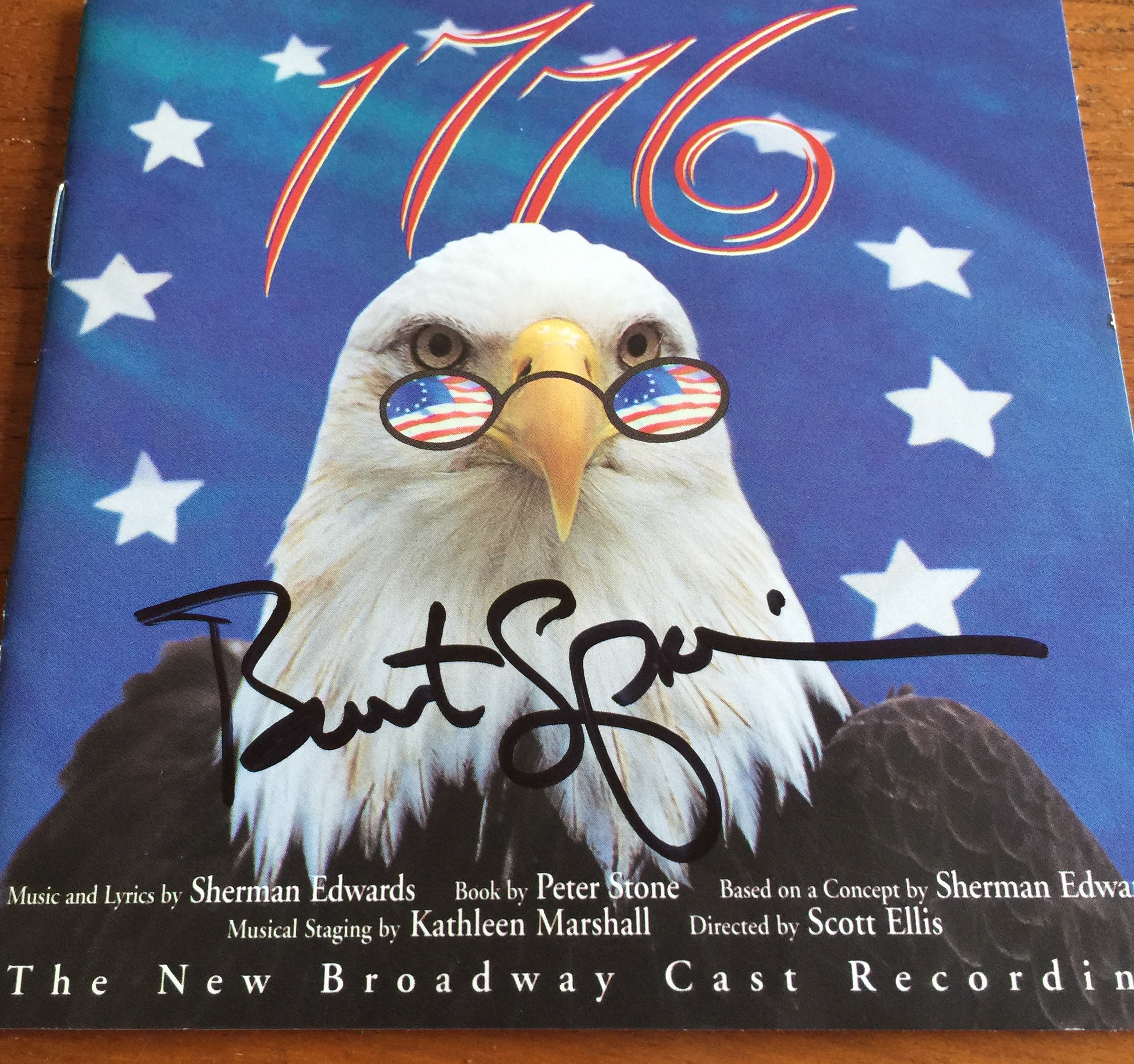 1776, for example, has long been one of my favorite musicals, so I was really excited when Brent Spiner (you know him from Star Trek: The Next Generation, Night Court, and Outcast) starred in a revival in the mid-90s. We were living in South Dakota, then, and couldn’t get to New York, but the CD kept me happy for years, and when I asked him to sign the liner notes for me at Dallas Comic-Con two years ago it led to a lovely conversation about the artwork, his time in the role, working at the Public Theatre, and how there’s a line in Hamilton: an American Musical that directly references the score of 1776. It’s the conversation that sparked our trip, a year later, to finally see Hamilton, but I didn’t buy that soundtrack on CD.
1776, for example, has long been one of my favorite musicals, so I was really excited when Brent Spiner (you know him from Star Trek: The Next Generation, Night Court, and Outcast) starred in a revival in the mid-90s. We were living in South Dakota, then, and couldn’t get to New York, but the CD kept me happy for years, and when I asked him to sign the liner notes for me at Dallas Comic-Con two years ago it led to a lovely conversation about the artwork, his time in the role, working at the Public Theatre, and how there’s a line in Hamilton: an American Musical that directly references the score of 1776. It’s the conversation that sparked our trip, a year later, to finally see Hamilton, but I didn’t buy that soundtrack on CD.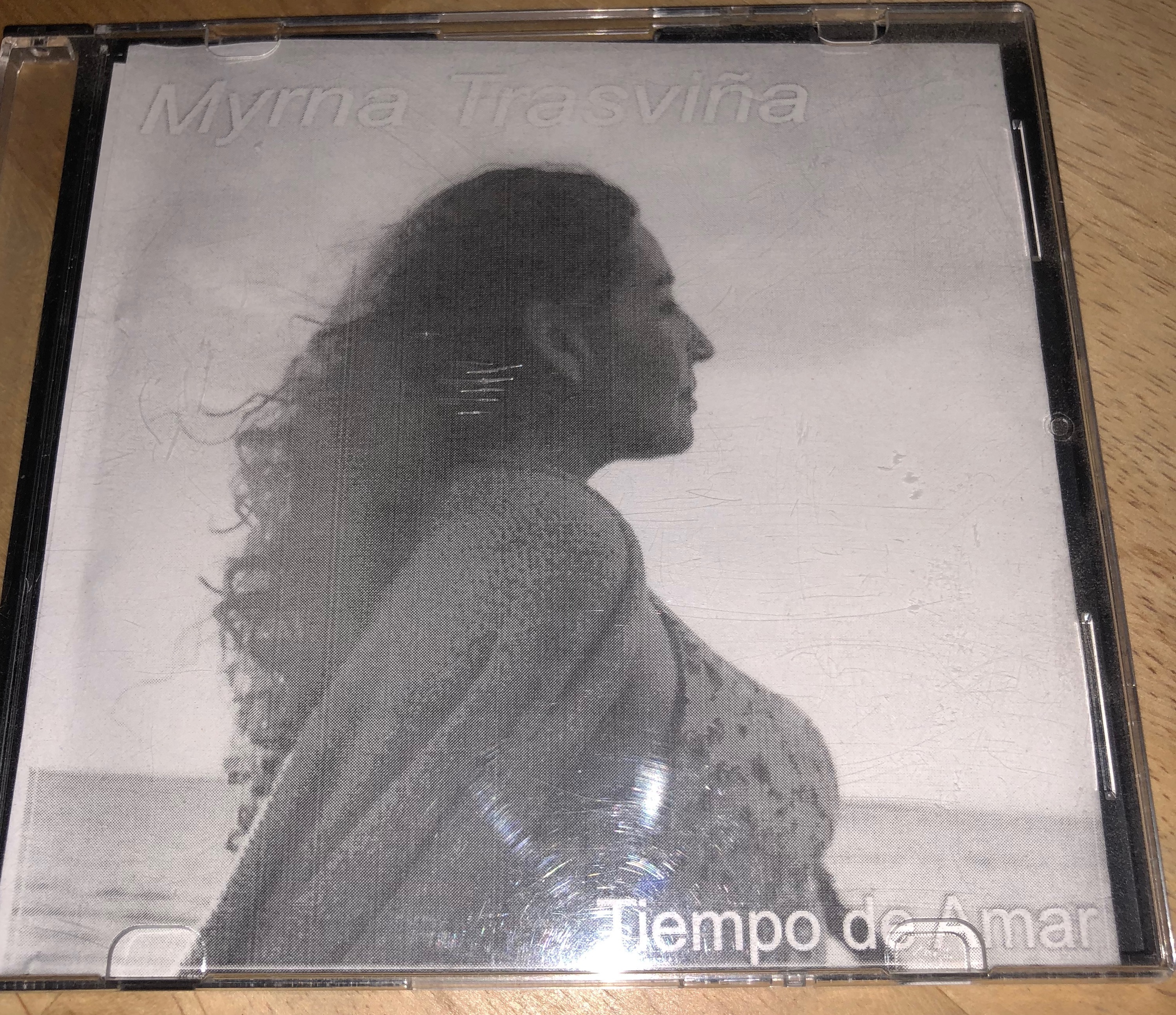 Finally, there are CDs I buy to support an artist whose work I love. Most recently (two years ago), I bought Leslie Odom, Jr.’s second solo effort, Simply Christmas. Like 1776, it’s autographed (on the actual disc, this time) because I requested it that way, but it’s become one of my favorite Christmas albums. It’s gentle and mellow, professionally produced but not slick or commercial, and his jazz interpretations of classic holiday tunes are the perfect backdrop for a seasonal brunch or a moody, rainy, drive to meet friends for an annual yuletide breakfast
Finally, there are CDs I buy to support an artist whose work I love. Most recently (two years ago), I bought Leslie Odom, Jr.’s second solo effort, Simply Christmas. Like 1776, it’s autographed (on the actual disc, this time) because I requested it that way, but it’s become one of my favorite Christmas albums. It’s gentle and mellow, professionally produced but not slick or commercial, and his jazz interpretations of classic holiday tunes are the perfect backdrop for a seasonal brunch or a moody, rainy, drive to meet friends for an annual yuletide breakfast


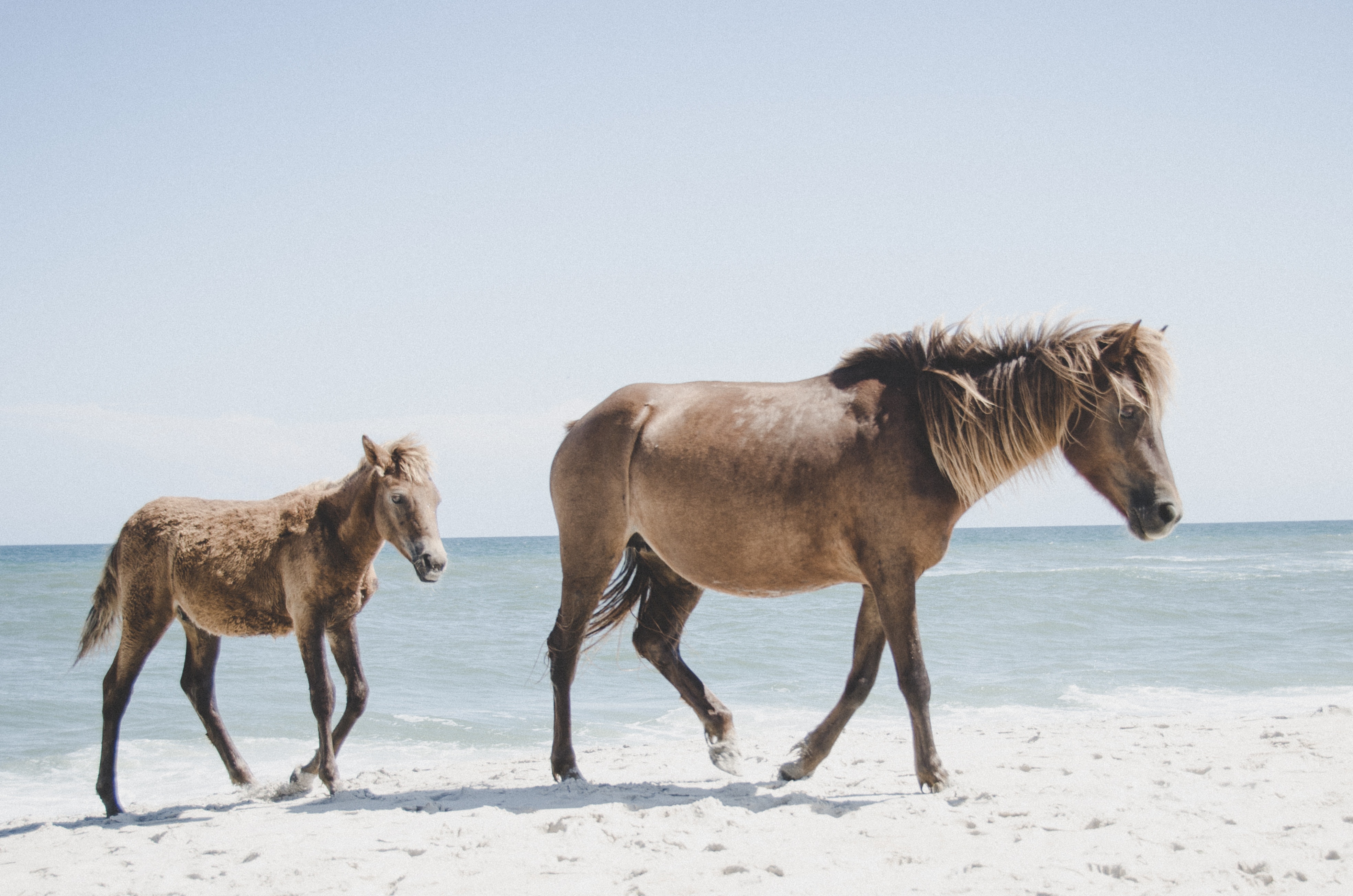

 feet and huge thorns do not mix well.
feet and huge thorns do not mix well.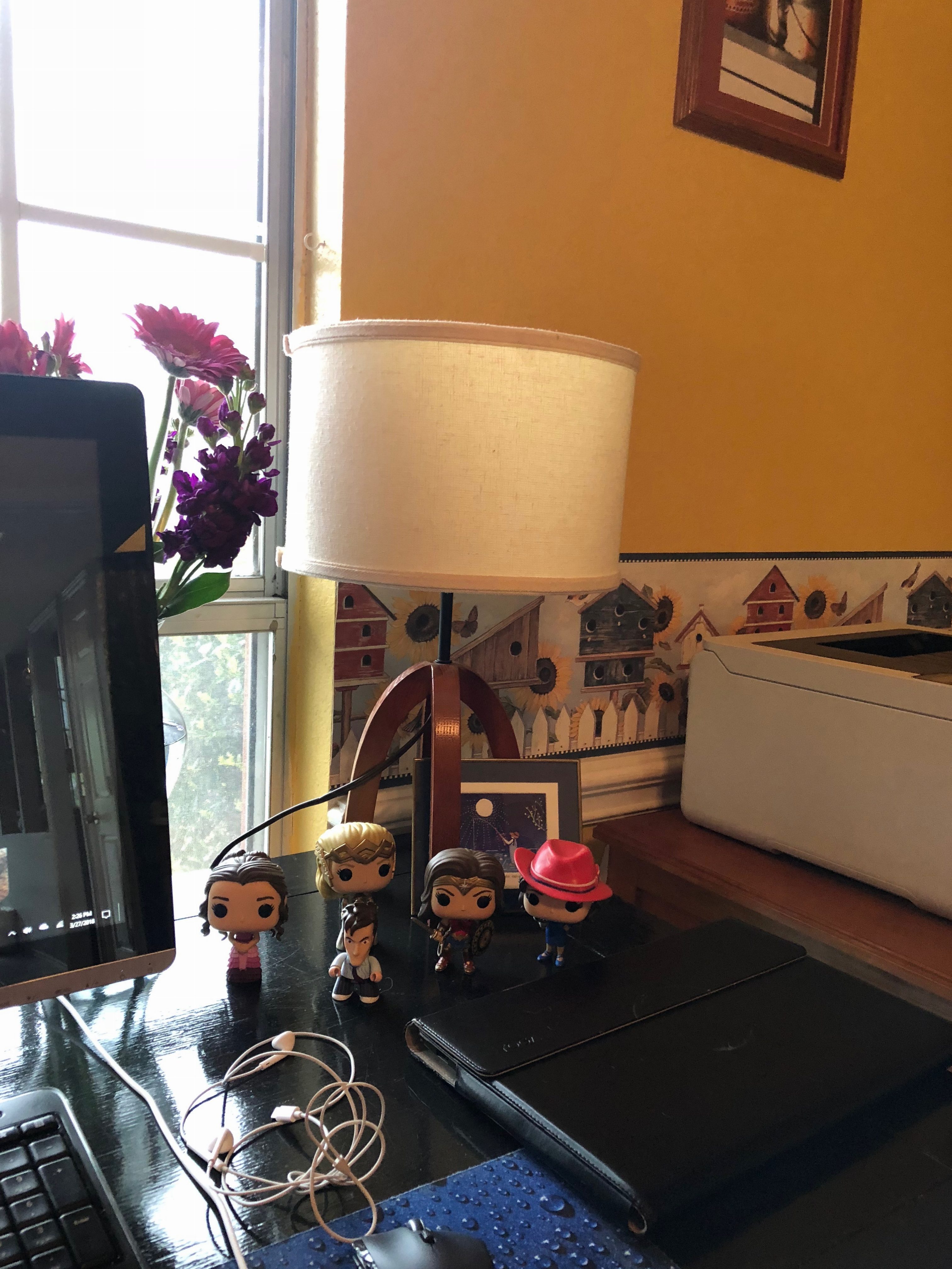 I’ve long been the kind of person who likes to switch things around from time to time. Changing the position of a chair, or a table, or a couch can change the energy of an entire room. For years, every time my husband went away on a work trip, he would beg me not to move furniture while he was gone. Partly, he didn’t want me to hurt myself, but partly, he didn’t want to come home to a house that had a different layout from when he left.
I’ve long been the kind of person who likes to switch things around from time to time. Changing the position of a chair, or a table, or a couch can change the energy of an entire room. For years, every time my husband went away on a work trip, he would beg me not to move furniture while he was gone. Partly, he didn’t want me to hurt myself, but partly, he didn’t want to come home to a house that had a different layout from when he left.